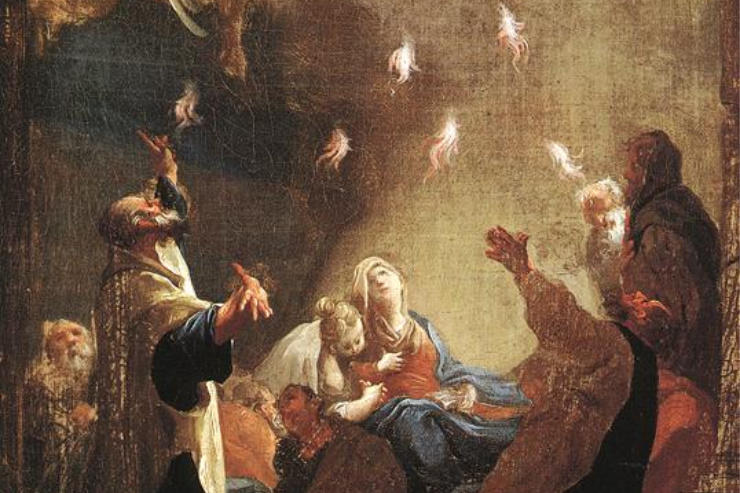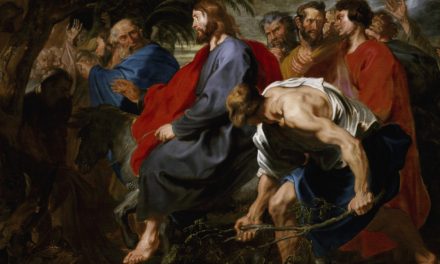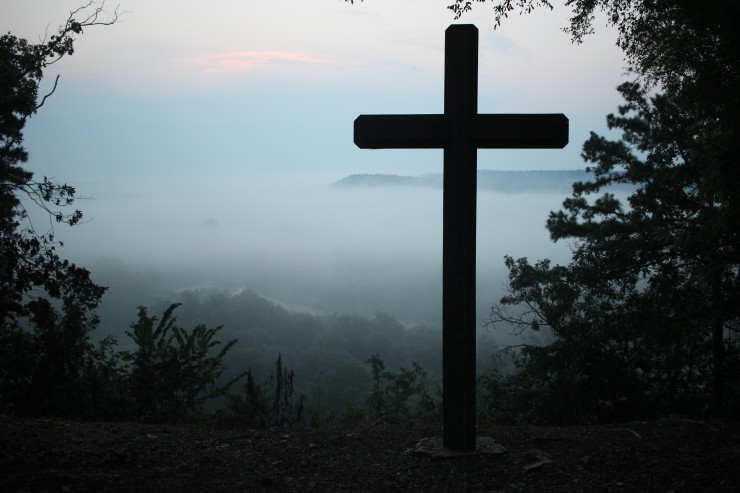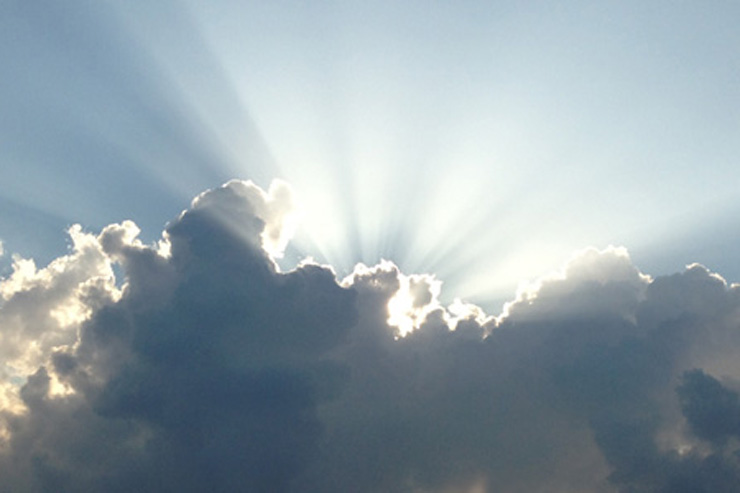
“The readings at the Vigil introduce us to the Holy Spirit and His mission through Old Testament typology and prophecy.”
The Extended Vigil for Pentecost
Many years ago while studying in Rome, I was able to attend an extended Vigil Mass for Pentecost. While not many parishes take advantage of the option, the current Roman Missal has brought back an extended option for celebrating the solemnity, like the one found in the Roman Missal post-Trent.
My friend and I accompanied a few priests to a semi-cloistered convent where the Vigil was taking place, neither of us quite sure what we were attending. I had never heard of a special vigil for Pentecost and wondered if it would be Adoration or Compline. Instead, the extended Vigil of Pentecost bears similarities to the mother of all vigils, Easter Vigil. A series of four Old Testament readings are proclaimed, each followed by a response (generally a Psalm) and a prayer. Then the Collect is prayed, the New Testament reading is proclaimed, and the Gospel follows.
I wish this Vigil was more prevalent in the United States. Too often, Pentecost becomes just another Sunday rather than one of the most important feasts of the year. It was the readings, however, in all their depth and beauty, that sold me on the value of celebrating the extended Vigil. For most of us, the Holy Spirit remains the most mysterious Person of the Trinity. Perhaps even if the elderly-man-depiction of God the Father is lacking, it is still an easier image for us in prayer than a bird. How are we to enter into a relationship with a divine Person if we only know him through symbols?
The readings at the Vigil introduce us to the Holy Spirit and His mission through Old Testament typology and prophecy. A priest finding it difficult to preach on the Holy Spirit will find ample assistance in the readings for Genesis, Exodus, Ezekiel, and Joel.
Tower of Babel
The story is familiar (Genesis 11:1–9); the descendants of Noah tried to build a great tower, attempting to make a name for themselves and prove they did not need God. God punished the vanity and pride of the people by dispersing them and confusing their language.
While it’s tempting to say Pentecost reverses Babel, it’s actually even deeper. The miracle of Pentecost is not that everyone suddenly speaks the same language, but that everyone can understand Peter, speaking Aramaic, in their own language. It is not a return to the unity of language, but a miracle of understanding. The Gospel is universal but celebrated in a diversity of cultures. It is not that “the whole world had the same language and the same words” (Genesis 11:1) but that men and women “from every nation under heaven” (Acts 2:5) can hear and know the Good News. In response, Peter does not strive to make his own name great but seeks to glorify the name of Jesus.
Mount Sinai
It is important for us to remember that Pentecost was first a Jewish feast. Pentecost, or the Feast of Weeks (which our Jewish brothers and sisters began celebrating last night) is celebrated fifty days after Passover. The crowds who heard Peter were in the city for this reason, since it is one of the three pilgrimage feasts (with Passover and the feast of Booths). This festival celebrates both the harvest and the giving of the law on Mount Sinai. This is the story of the second reading chosen for the extended Vigil (Exodus 19:3–8a, 16–20b).
In Exodus, we see that with the gift of the law came the promise of the nation of Israel. God promised to set them apart as His own people. This covenant was sealed by thunder and fire. At the descent of the Holy Spirit in the Upper Room, accompanied by the same signs of fire and dramatic noise, the Church is born. A new covenant is sealed with people set apart for a mission.
Dry Bones
In a dramatic but oft-overlooked passage of the Old Testament (Ezekiel 37:1–14), the prophet Ezekiel brings dry bones back to life. A valley of dry bones rises up at the words of Ezekiel, and skin and sinew appear on them. As he continues to prophesy, breath enters them. For Ezekiel, this is a sign in the midst of the darkness of the Babylonian captivity. With the kingdom split and destroyed, God’s promises to the Chosen People may have looked like lies. But the Lord can bring life where we see only death.
In an even a more dramatic way, we are created anew in the Holy Spirit. Physical death and dry bones are nothing compared to spiritual death and the curse of original sin. We are those dry bones, once dead by sin, now given life in the Spirit. The sacramental life of the Church poured from the side of Christ on the Cross. The power of the Holy Spirit, making each of those sacraments possible, was given at Pentecost.
Prophecy of Joel
The final Old Testament reading at the extended Vigil (Joel 3:1-5) is the prophet Joel foretelling the gift of the Spirit. In previous days, certain people were anointed by the Spirit for certain purposes, namely, priests, prophets, and kings. Joel prophecies of a time when all will receive the Spirit for mission. Not just kings are set apart, but maids are given a mission too. Anointing is not only for priests, but young men. No longer just prophets are prophesying, but old men.
This is the opening of Peter’s magnificent Pentecost homily. The apostles are not drunk; rather, the prophecy has been fulfilled. The Messianic age had begun.
At times, the Holy Spirit may see distant and confusing to us. We may focus on what we do not know or what we cannot see. Instead, let us look to the mission of the Holy Spirit, inseparable from the mission of Christ. He has been sent to make present the mystery of Christ, bring us into communion with God, anoint us for mission, and intercede for us when we cannot pray. He builds up the People of God, sanctifies and animates the Church, and gives us life, healing, and strength. In this Messianic age, may we be open to the Holy Spirit, conscious that what was foreshadowed in the Old Testament and begun at Pentecost, continues in our lives today.
Come, Holy Spirit!
Please share this article on Facebook and other social media.














